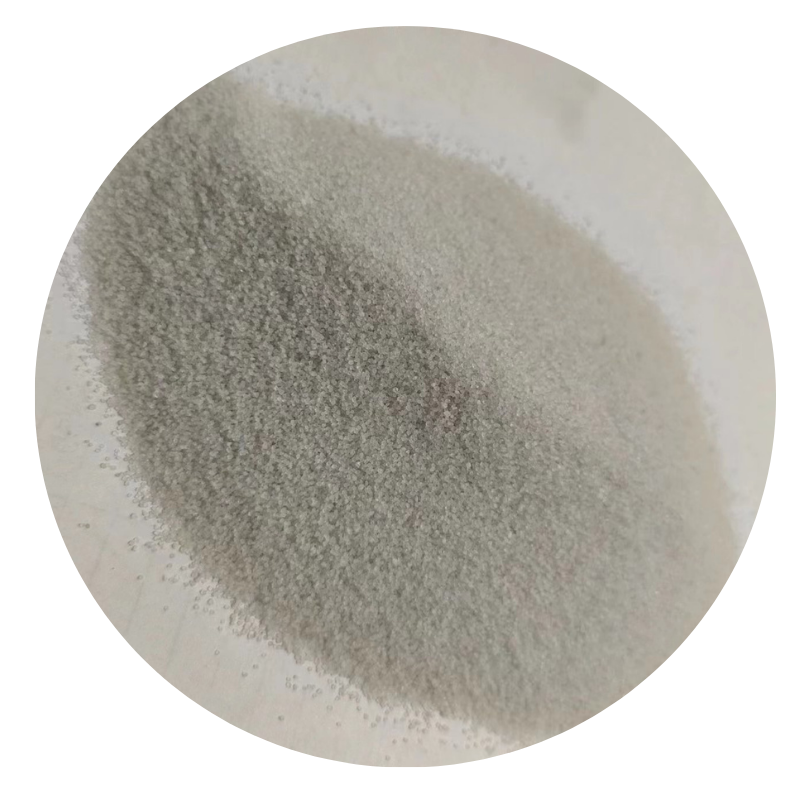
Exploring the Versatile Uses and Benefits of Stone Pumice in Various Industries
The Unique Characteristics and Uses of Stone Pumice
Pumice is an igneous rock that forms when volcanic lava cools rapidly, trapping gas bubbles within it. This process results in a lightweight, porous material characterized by its distinctive texture and unique properties. Stone pumice, in particular, has garnered attention for its diverse range of applications across various industries, from construction to personal care.
One of the most striking features of stone pumice is its low density. Due to its porous nature, pumice is significantly lighter than other types of stone, making it an ideal choice for various applications where weight is a concern. This property is particularly beneficial in construction, where stone pumice can be used as a lightweight aggregate in concrete production. The inclusion of pumice not only reduces the overall weight of the concrete but also enhances its thermal insulation properties, making it suitable for energy-efficient building practices.
In addition to its use in construction, stone pumice has found its way into landscaping and gardening. Its ability to retain moisture while allowing for excellent drainage makes it an ideal soil amendment. Gardeners often mix pumice into potting soils to improve aeration and prevent compaction, thereby promoting healthy root growth for plants. Moreover, its natural porous structure provides a habitat for beneficial microorganisms, further enhancing soil health and fertility.
The beauty and unique texture of stone pumice also make it a popular choice in decorative applications
. It can be used in the creation of garden pathways, decorative fountains, and as a top dressing for potted plants. The natural variation in color and texture adds visual interest and a touch of nature to landscaping projects. Pumice stones have also become trendy in the realm of home decor, where they are utilized to create rustic, organic accent pieces.stone pumice

Another fascinating aspect of stone pumice is its role in personal care products. The fine, abrasive texture of pumice is highly effective in exfoliating dead skin cells, making it a common ingredient in foot scrubs, skin exfoliators, and even some facial treatments. Many people use pumice stones to smooth rough skin areas, such as elbows and feet, providing an inexpensive and natural way to maintain healthy skin. The volcanic origin of pumice also resonates with consumers seeking natural and eco-friendly beauty solutions.
Furthermore, stone pumice has significant applications in the field of water filtration. Its porous structure allows for effective filtration of sediments and impurities from water, making it a useful material in both industrial and residential settings. Pumice filters are gaining popularity due to their ability to improve water quality while being environmentally sustainable.
Despite its many advantages, it is essential to consider the sourcing of pumice. As with any natural resource, responsible harvesting is crucial to minimize environmental impact. Sustainable practices ensure that pumice remains available for future generations while preserving the natural ecosystems where it is found.
In conclusion, stone pumice is a remarkable natural material with a wide array of applications. Its lightweight, durable, and porous nature makes it invaluable in construction, gardening, decorative arts, personal care, and water filtration. As society continues to emphasize sustainability and eco-friendliness, pumice stands out as a resource that not only meets practical needs but also contributes to environmental conservation. Whether you are building a new home, cultivating a garden, or seeking natural beauty products, stone pumice is undoubtedly a versatile and beneficial choice.
Share
-
Premium Pigment Supplier Custom Solutions & Bulk OrdersNewsMay.30,2025
-
Top China Slag Fly Ash Manufacturer OEM Factory SolutionsNewsMay.30,2025
-
Natural Lava Rock & Pumice for Landscaping Durable Volcanic SolutionsNewsMay.30,2025
-
Custom Micro Silica Fume Powder Manufacturers High-Purity SolutionsNewsMay.29,2025
-
Custom Mica Powder Pigment Manufacturers Vibrant Colors & Bulk OrdersNewsMay.29,2025
-
Custom Micro Silica Fume Powder Manufacturers Premium QualityNewsMay.29,2025






